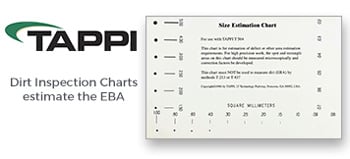Thorough Characterization of Tropical Pine Species for Kraft Pulp Production, 2023 PEERS Conference
This study was conducted to evaluate the wood technological characteristics of
Pinus maximinoi,
Pinus caribaea var.
hondurensis and
Pinus caribaea var.
caribaea and their potential for producing bleached kraft pulp. Samples of
Pinus taeda wood were used as reference material. For all species wood chips were used for the technological characterization, pulping, bleaching process analysis and pulp properties. The results showed that the different species presented similar wood characteristics, with some highlights for
Pinus taeda wood, with a slightly higher basic density (0.422 g/cm³) and lower extractives content (3.54 %). In the cooking process, the highest screened yields were observed for Pinus taeda (46.9 %) and
Pinus maximinoi (47.2 %). Regarding the bleaching process,
Pinus taeda showed the highest viscosity (817 cm³/g) and greater selectivity (0.158). For physical-mechanical properties, the kraft pulps showed similar results, with the exception of tear index, where Pinus taeda presented the best performance, which may have been positively influenced by the higher percentage of xylans found for the cellulosic pulp of this species. However, in general, the results showed that all four species of
Pinus presented characteristics very suitable for production of bleached kraft pulp, with emphasis on
Pinus taeda and Pinus maximinoi species.
TAPPI
conference proceedings and presentations, technical papers, and publication articles provide technical and management data and solutions on topics covering the Pulp, Paper, Tissue, Corrugated Packaging, Flexible Packaging, Nanotechnology and Converting Industries.
Simply select the quantity, add to your cart and your conference paper, presentation or article will be available for immediate download.





